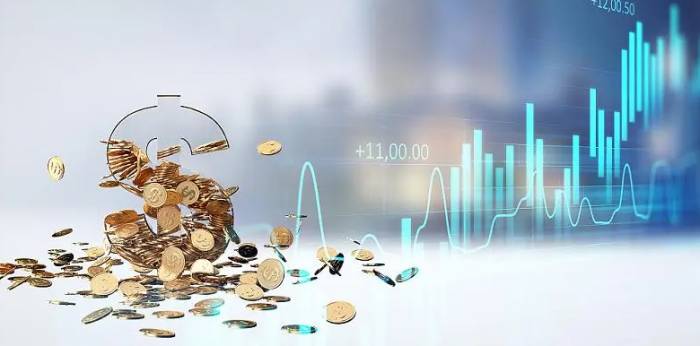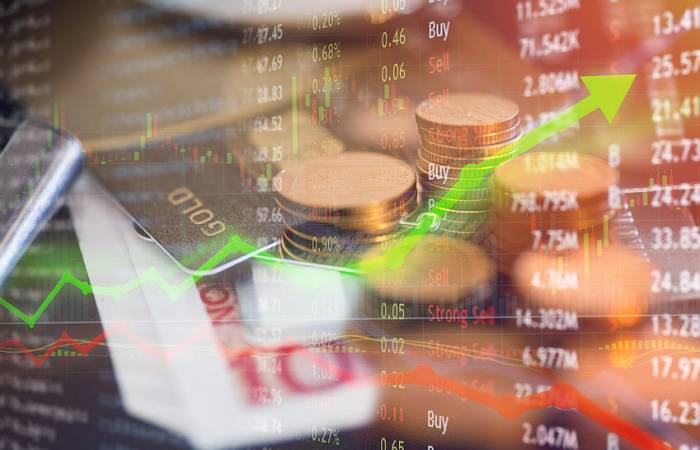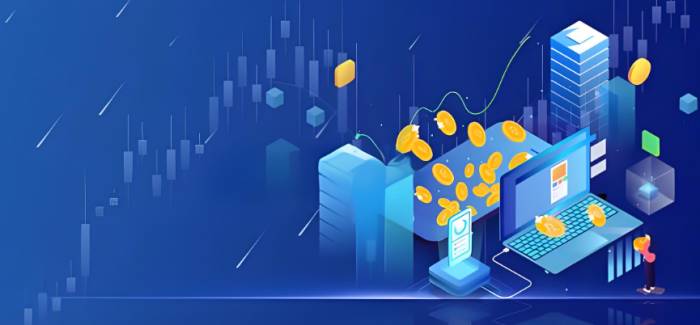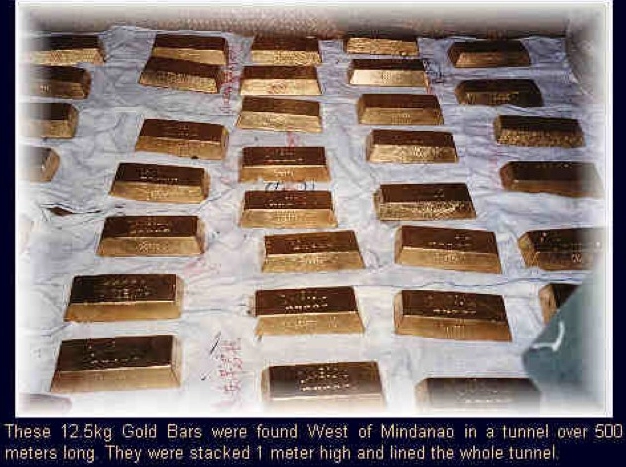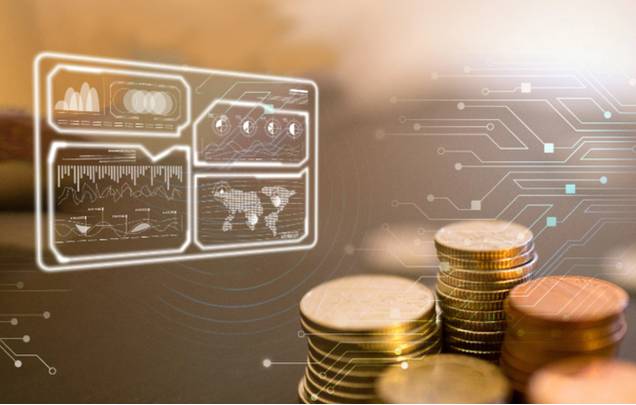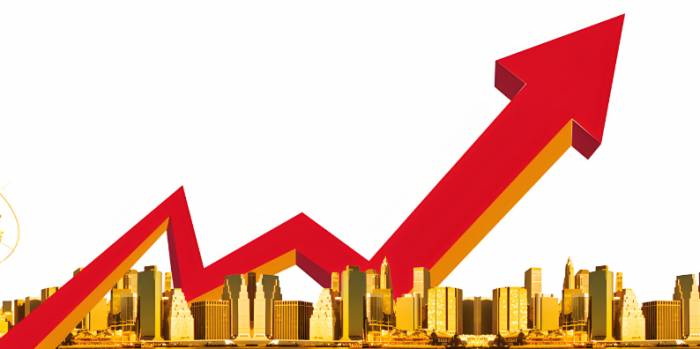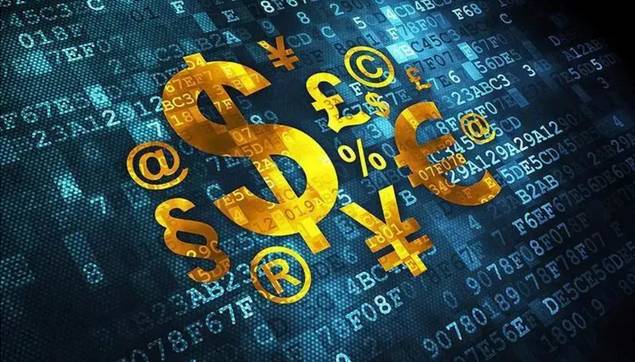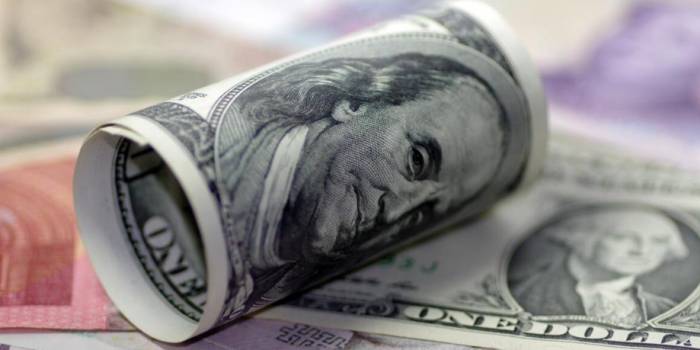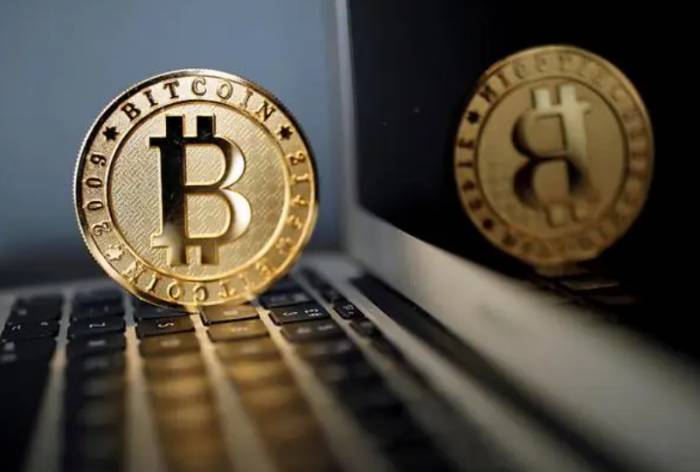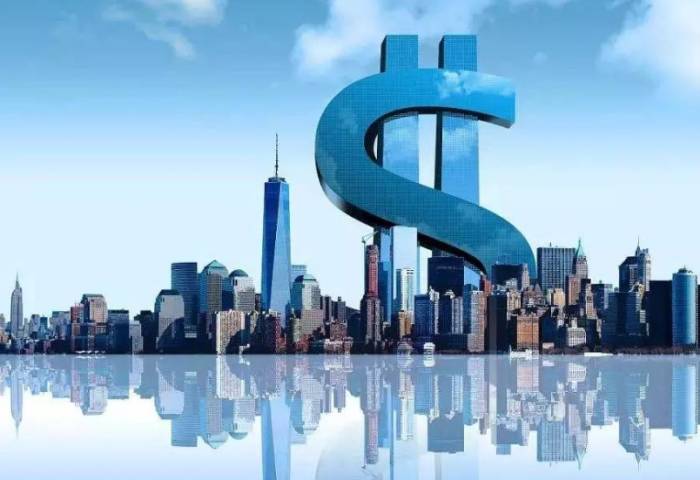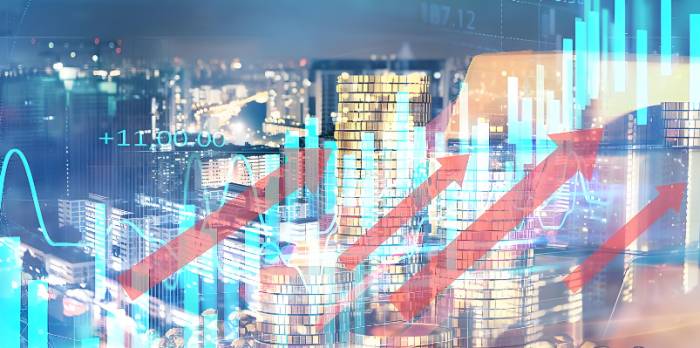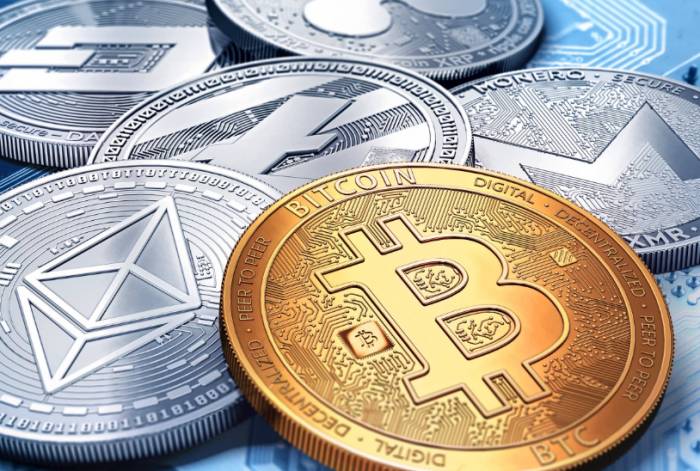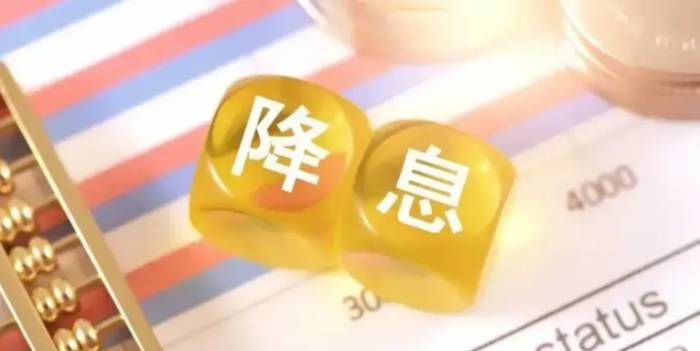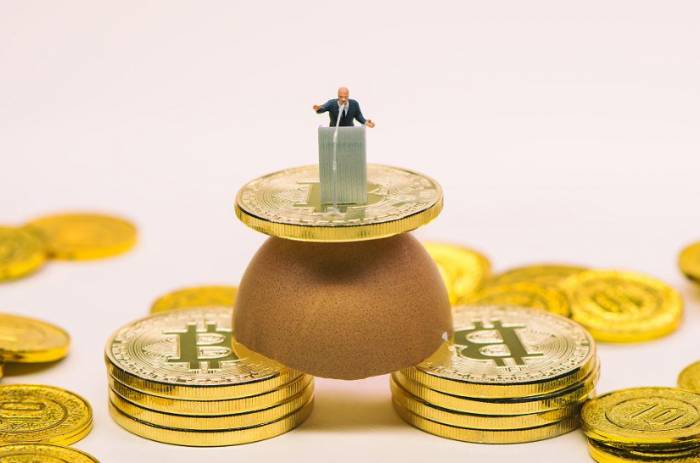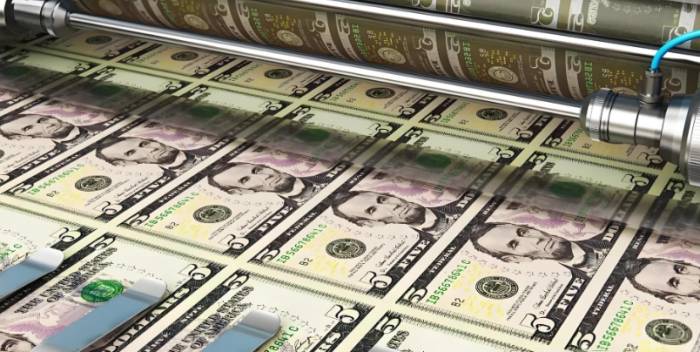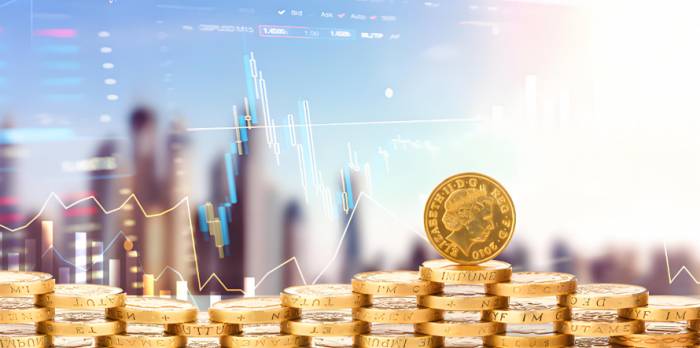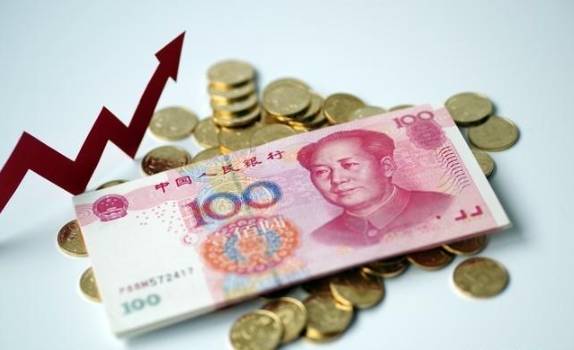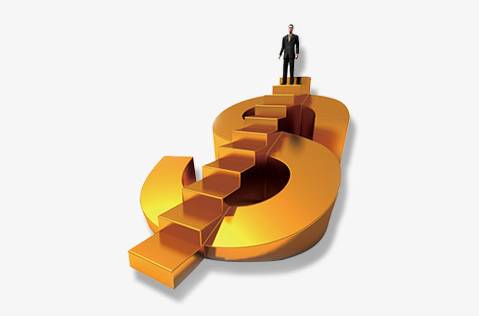Have you ever wondered what's quietly affecting the thickness of our wallets?
Is it the ups and downs of the stock market?
Or the fluctuations in real estate prices?
In fact, there's another hidden force at play.
It's not as eye-catching as the first two, but it's subtly changing the global economic landscape and even affecting the purchasing power of every dollar in our hands.
It is the "global wave of interest rate cuts."
Recently, the term "interest rate cut" has been frequently appearing in the headlines of major financial news, as if a "currency storm" is sweeping the globe.
From the Federal Reserve to the European Central Bank, from the Bank of Japan to the Bank of England, central banks of major economies around the world have joined the ranks of interest rate cuts, as if engaging in a silent tug-of-war.
You might ask, what is an interest rate cut?
Simply put, it's when the central bank lowers the interest rates on loans to encourage businesses and individuals to borrow more, invest more, and consume more, thereby stimulating economic growth.
It's like refueling the "car" of the economy, hoping it can go faster.
Interest rate cuts are not a panacea; they can also have some side effects, such as inflation.
Imagine if there's more money in the market, but the amount of goods and services hasn't increased, then prices will rise, and your money will be worth less and less.
So, what has caused this global wave of interest rate cuts?
The answer is complex, involving both the slowdown in global economic growth and the uncertainty brought by trade frictions and geopolitical risks.
Faced with a challenging external environment, central banks around the world have had to take action, and interest rate cuts have become a common choice.
After all, in times of economic downturn, everyone hopes to find a "stimulus policy" that works quickly.
In the midst of this global wave of interest rate cuts, one country stands out as "going its own way": China.
Unlike other major economies, China has not followed the pace of interest rate cuts but has chosen to maintain the stability of its monetary policy.
This does not mean that China is indifferent to the changes in the global economy.
Instead, it is a rational choice made by the Chinese government after weighing the pros and cons.
The size and structure of China's economy dictate that we cannot blindly follow the trend but must forge a path that conforms to our own development laws.
In fact, against the backdrop of the global wave of interest rate cuts, the yuan exchange rate has not depreciated as some predicted, but has shown an appreciation trend.
This undoubtedly pours cold water on those who are pessimistic about China's economy and gives those who hold yuan assets a "reassurance."
The firmness of the yuan exchange rate is partly due to the fundamental stability and positive development of the Chinese economy, and is also closely related to a series of policy measures taken by the Chinese government to stabilize the exchange rate.
The appreciation of the yuan will also bring some challenges, such as putting certain pressure on export enterprises.
However, in the long run, maintaining a stable yuan exchange rate is beneficial for maintaining the stability and development of China's economy and for enhancing global investors' confidence in the yuan.
Faced with the unpredictable global economic situation, we must keep a clear head and have unwavering confidence.
China's economy is a giant ship, and although it will inevitably encounter winds and waves during its voyage, we have the confidence, ability, and wisdom to overcome all difficulties and obstacles, sailing towards a better future.
Where will this global wave of interest rate cuts go?
How will the yuan exchange rate evolve?
There are no standard answers to these questions.
However, one thing is certain: in this era full of uncertainty, we need to pay more attention to changes in the economic situation, learn relevant economic knowledge, and only then can we better seize opportunities, meet challenges, and protect our "money bags."
